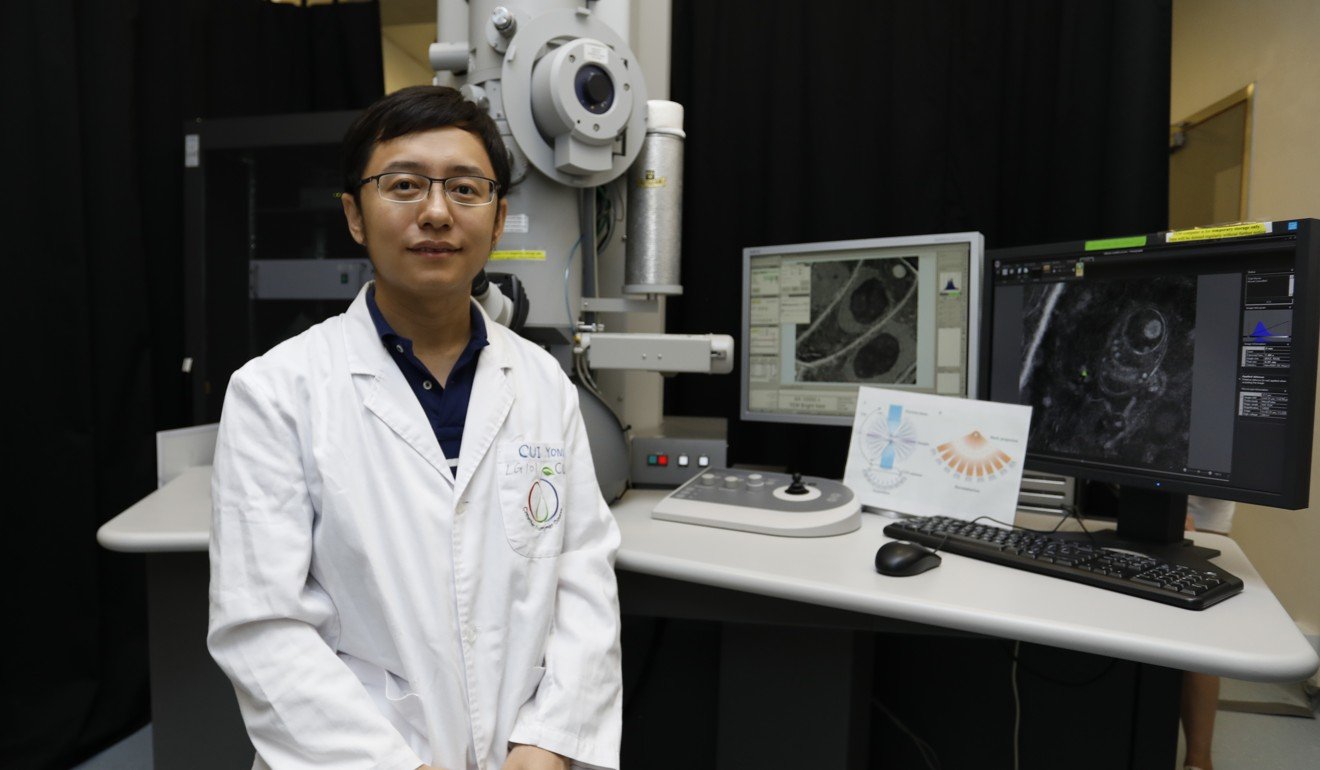
How do you make crops grow in harsh conditions? Researchers at Chinese University given funding to find out
Mainland Chinese funding made available for first time to Hong Kong scientists to potentially screen varieties for different environmental conditions and help adjust irrigation methods
Since 2008, a Hong Kong laboratory has been searching for ways to develop better varieties of crops capable of thriving in harsh conditions.
But a lack of funding meant Professor Lam Hon-ming’s team faced limitations in the scope of its studies.
“The announcement that money will cross the border is very encouraging,” Lam, director of the Partner State Key Lab of Agrobiotechnology at Chinese University, said.
It is one of 16 such national laboratories recognised by the central government for conducting pioneering research in support of the country’s technological and economic development.

Along with six branches of the Chinese National Engineering Research Centre in Hong Kong, the national labs each recently received 1 million yuan (US$156,800).
Lam said he expected funding for Hong Kong projects in the future to reach the millions of yuan. He contrasted it with the maximum sum of HK$1.2 million (US$152,800) per project in the life sciences lasting up to three years as handed out by the city’s Research Grants Council’s general research fund.
National funding ‘crosses the bridge’ to Hong Kong scientists and research hubs as part of innovation drive
A lack of water resources and the deteriorating quality of soil around the world have led to declines in agricultural production, he noted, resulting in the large-scale use of fertilisers and pesticides. This was not sustainable, he said.
Lam’s team researches whether new crop varieties can be used in places with poor environmental conditions.
By looking at the DNA of soybeans and conducting experiments, his team has selected varieties that can tolerate high levels of salt and survive in arid locations.
If we can get money, we can do very outstanding research and compete internationally
Three of the varieties have been approved by authorities in Gansu, a particularly dry province in the north of the country.
The research has even attracted interest from South African researchers, who have similar concerns in their own country.
With the 1 million yuan, the team is now studying the regulatory role plant hormones play. By understanding this, it could find ways to potentially screen specific varieties of crops for different environmental conditions and help adjust irrigation methods.
Lam believed the new funding would enable the team’s research to have a bigger impact and make its mark on a global scale.
“Previously we did not have such large amounts of funding,” he said. “If we can get money, we can do very outstanding research and compete internationally.”
Lam added that Hong Kong did not lack talent, but rather, funding and space. He hoped the new funding access could push local officials to give more land to universities and research centres so they could develop and attract talent.

